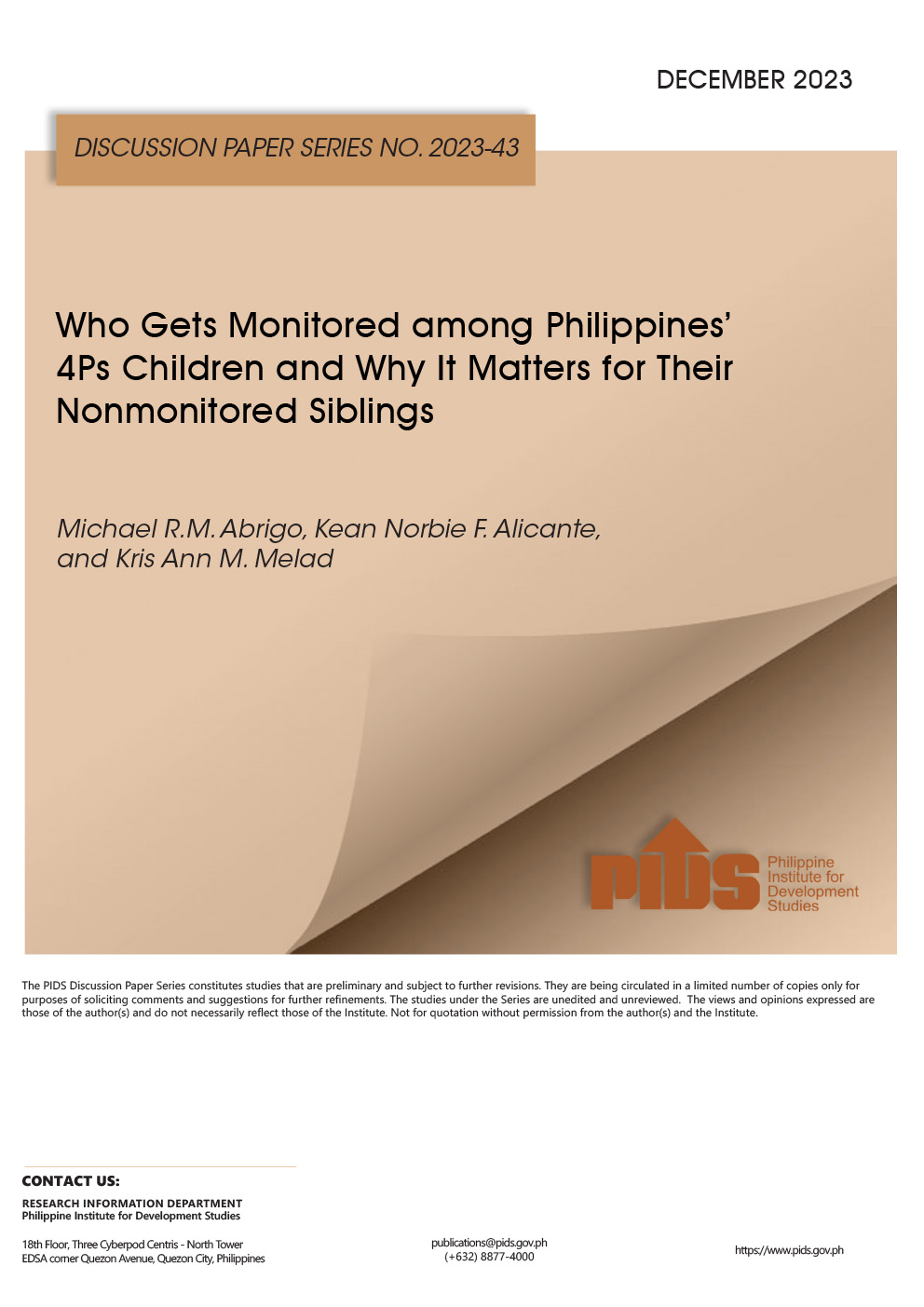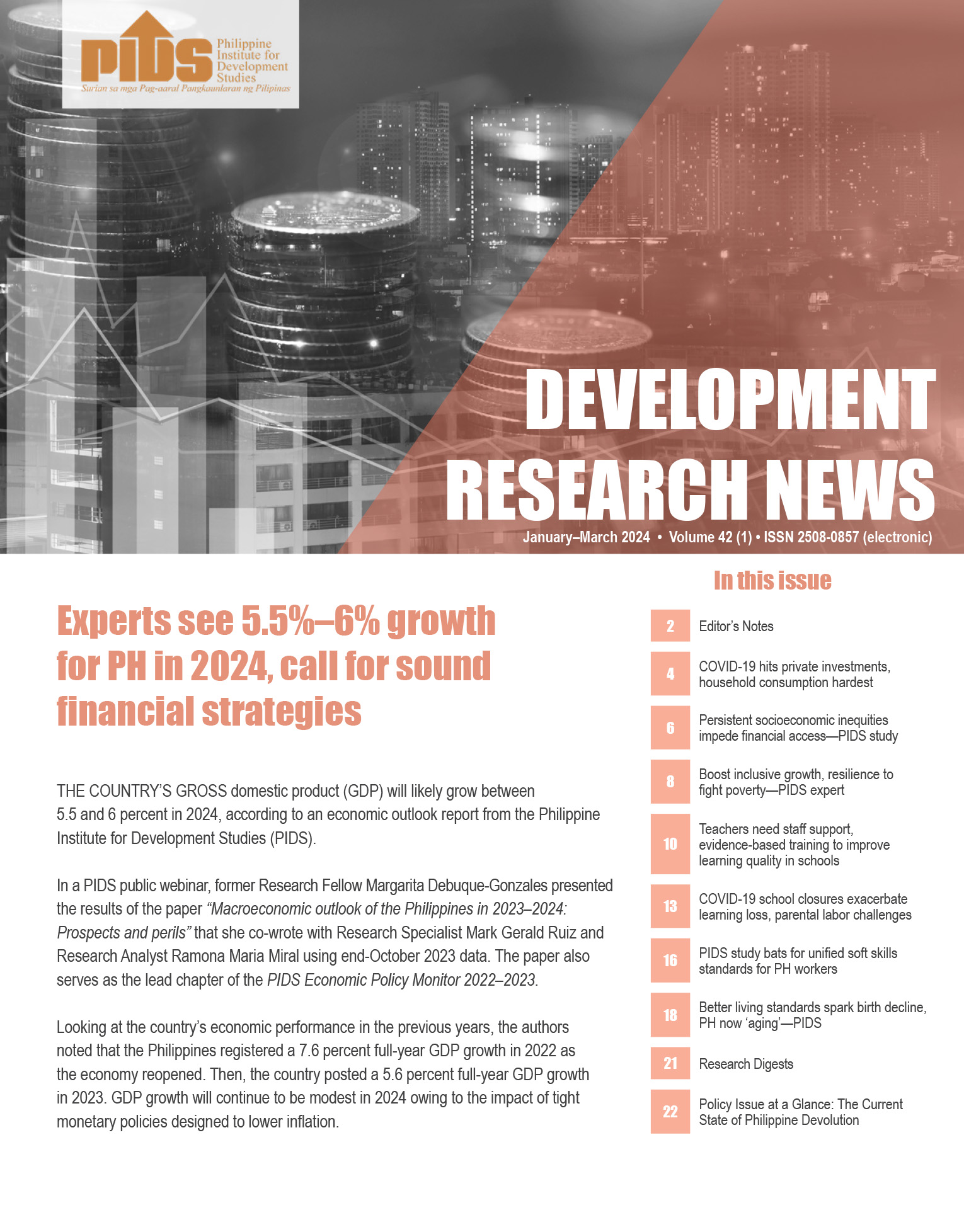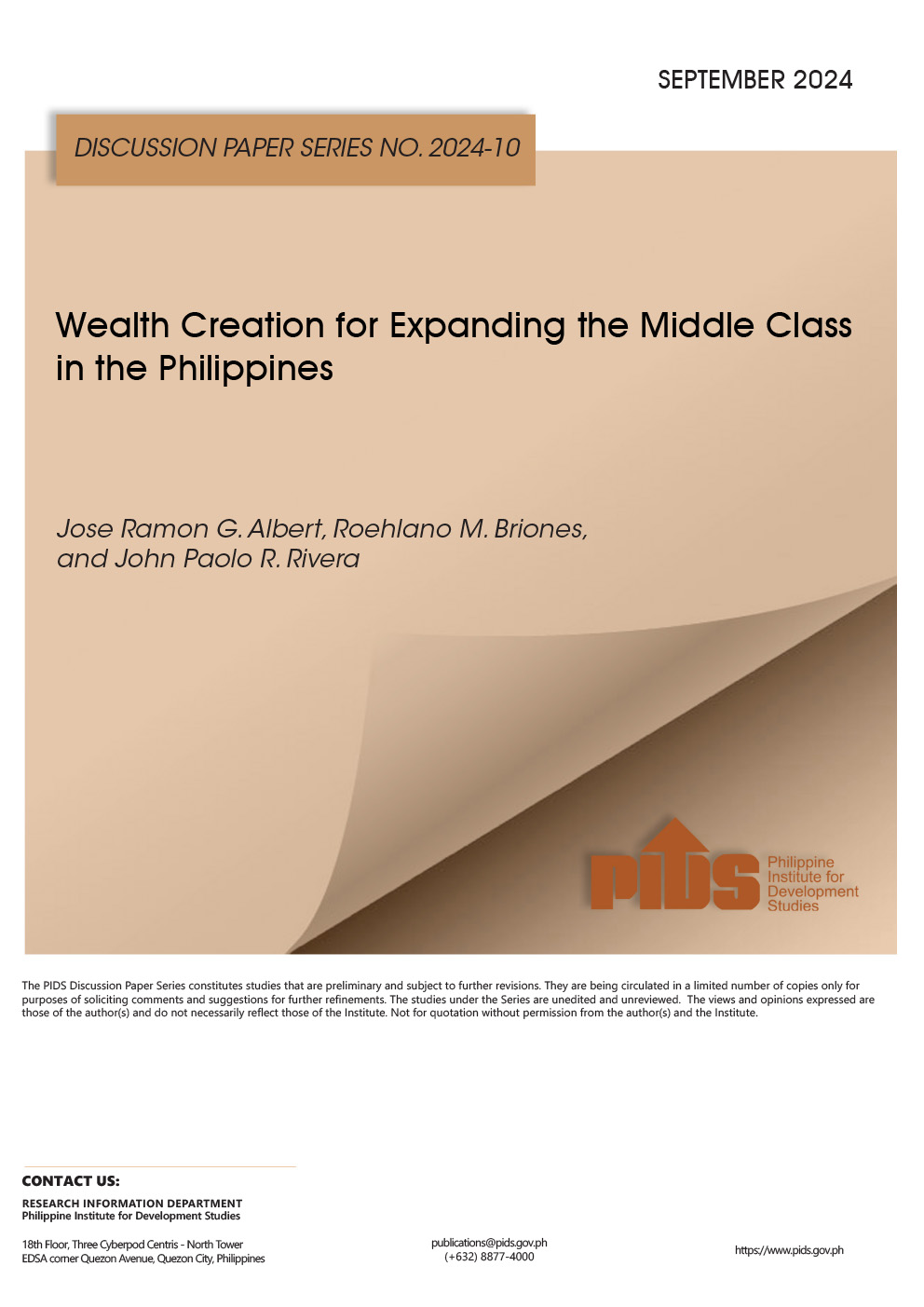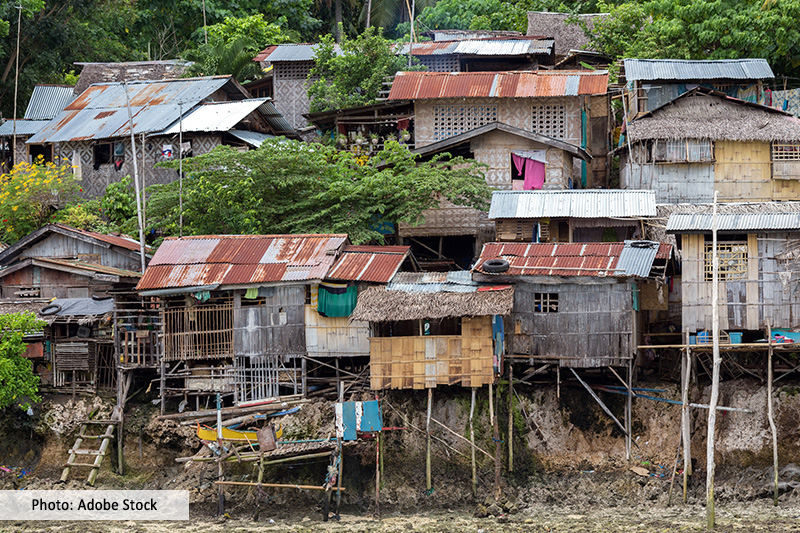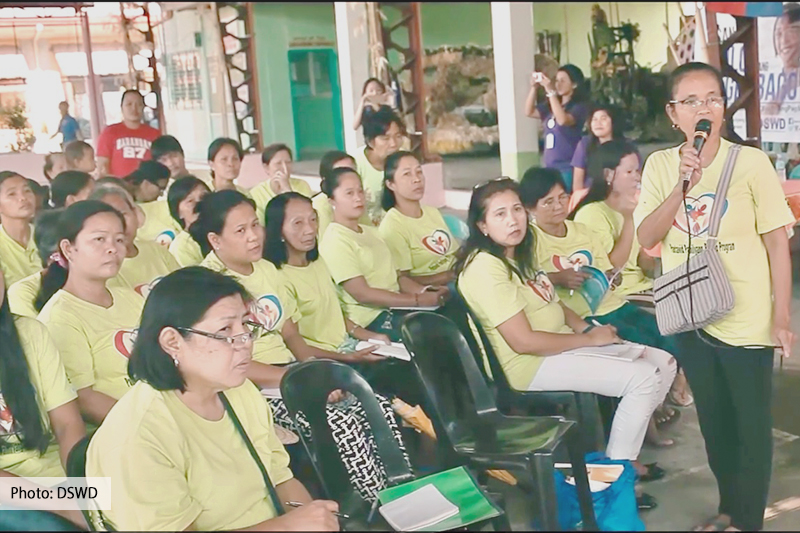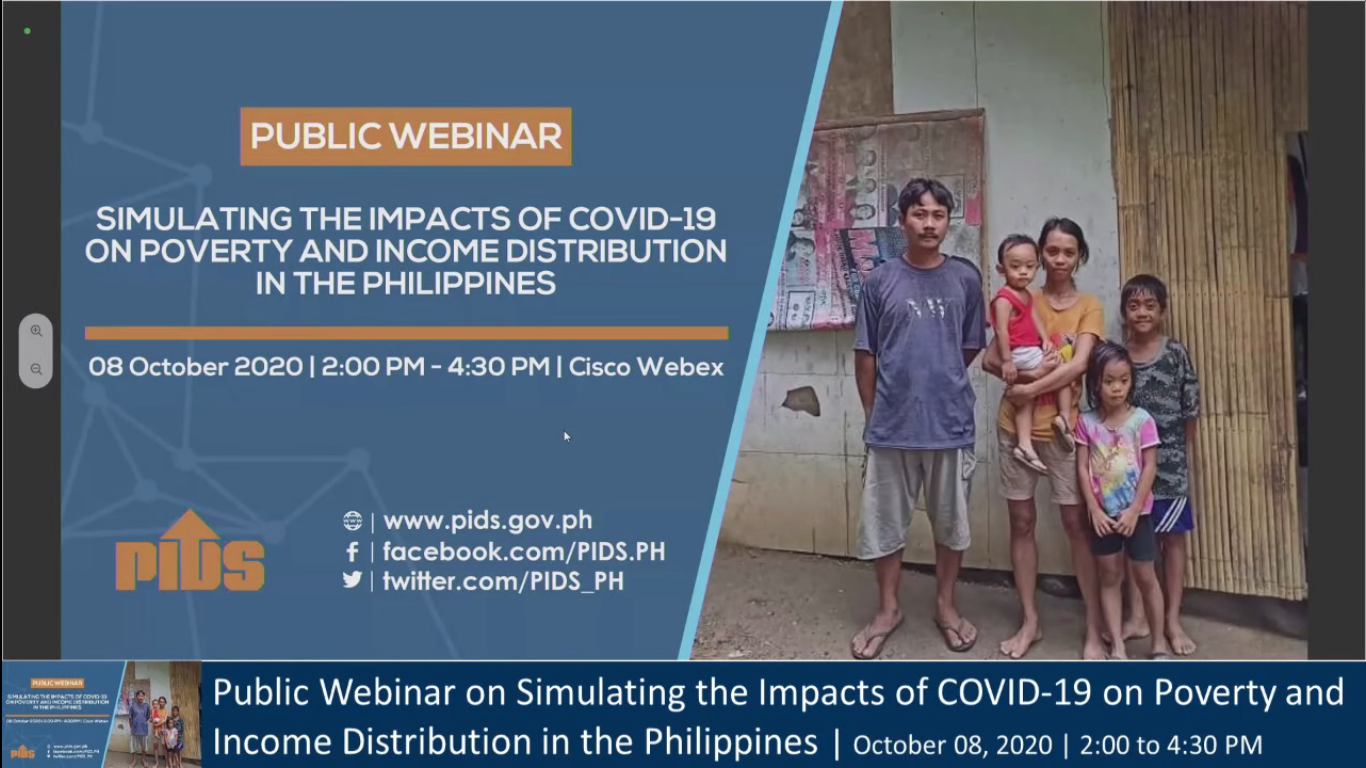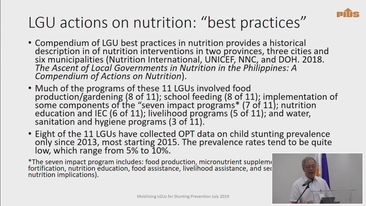The history of political dynasties has nothing to show for their continued existence, the system having failed to reduce poverty and may even be said to have worsened poverty conditions in the country, according to a study released by the Philippine Institute for Development Studies (PIDS).
In a policy note, authors led by PIDS senior research fellow Jose Ramon Albert and the Asian Institute of Management Rizalino S. Navarro Policy Center for Competitiveness (AIM-RSN-PCC) Executive Director Ronald Mendoza said prevalent and unending poverty was the reason there remains the need to regulate political dynasties.
"Dynasties are pervasive in the 10 poorest provinces that are afflicted by low levels of human development, bad governance, violence and poor business climates,” the authors said.
"Either poverty results in the creation of political dynasties or political dynasties exacerbate bad governance failing to reduce, if not actually worsen, poverty conditions,” they added.
Citing data from the AIM policy center, the authors said the 10 poorest provinces had poverty incidence as low as 43.49 percent to a high of 67.31 percent, but had incidence of dynasties as low as 51.43 percent to a high of 59.47 percent.
In 2012 the poorest province was identified as Lanao del Sur having poverty incidence of 67.31 percent, and 59.47-percent incidence of dynasties in political leadership.
The second poorest province was Eastern Samar with a poverty incidence of 55.43 percent, and a 54.17- percent incidence of having political dynasties in power.
The least poor of the 10 poorest provinces were Northern Samar and Western Samar, which had a poverty incidence of 43.5 percent, and 43.49 percent, and a 52.61-percent and 51.43-percent incidence of having political dynasties in power, respectively.
Apart from a direct link to poverty incidence, political dynasties also tend to weaken checks and balances in the government and the political system. The authors, likewise, said political dynasties "perpetuate personality-based politics” that focus on a candidate’s name rather than his or her credentials.
"Greater access by the people not only to growth processes but also to political processes by passing a legislation that regulates political dynasties will further strengthen our democracy and promote inclusiveness,” the authors said.
According to the authors, while there are two versions of an antidynasty bill lodged in both houses of Congress, these do not guarantee their complete removal and not likely to provide a level field for the political contestants.
However, passing the legislation is considered indispensable to reforming the political process. The proposed legislation should encourage and extend the opportunity for other families and individuals to become the nation’s leaders.
"Belonging to a political family is certainly not evil by itself. Various eminent families, such as the Tañada family in the Philippines and the Kennedy family in the United States, have made important contributions to society. The question is whether the status quo in the political landscape provides equal opportunities to all families to contribute to society,” the authors said. //

